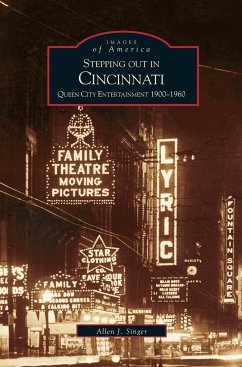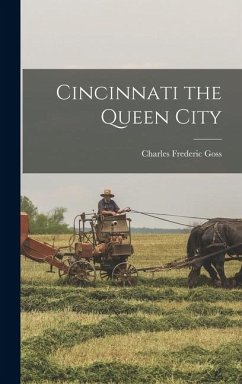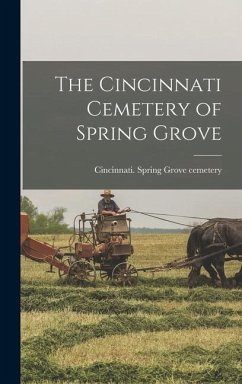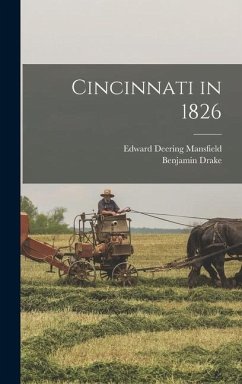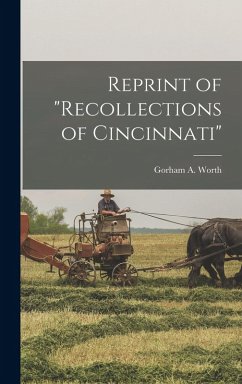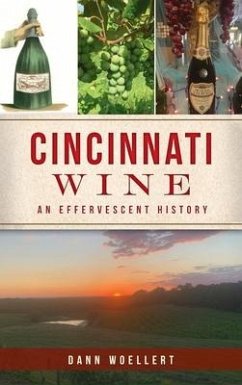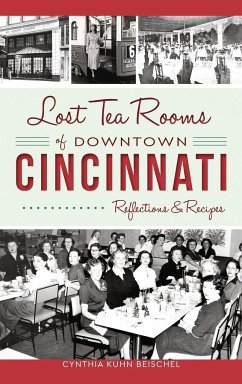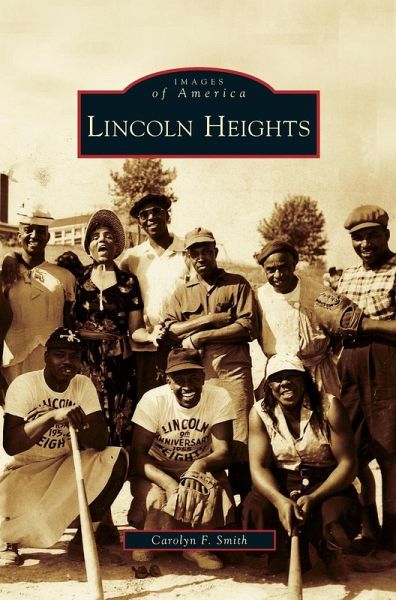
Lincoln Heights

PAYBACK Punkte
12 °P sammeln!
Located north of Cincinnati in the Mill Creek Valley, Lincoln Heights was the first African American self-governing community north of the Mason-Dixon Line. The development of Lincoln Heights began in 1923 when the Haley-Livingston Land Company of Chicago sold lots to black families in an unincorporated area called the Cincinnati Industrial Subdivision, now the southern section of Lincoln Heights. Water and sewerage were provided by special assessment through the Works Progress Administration, there were no building and zoning code services, fire and police protection were virtually nonexisten...
Located north of Cincinnati in the Mill Creek Valley, Lincoln Heights was the first African American self-governing community north of the Mason-Dixon Line. The development of Lincoln Heights began in 1923 when the Haley-Livingston Land Company of Chicago sold lots to black families in an unincorporated area called the Cincinnati Industrial Subdivision, now the southern section of Lincoln Heights. Water and sewerage were provided by special assessment through the Works Progress Administration, there were no building and zoning code services, fire and police protection were virtually nonexistent, and street maintenance and lighting were extremely inadequate. In 1939, residents of the area began efforts to incorporate so they could provide safety and necessary services for their growing community. Several of the original petitioners for incorporation lived in the Valley View subdivision, which later became the Wright Aeronautical plant, where many black migrants from the South came to help manufacture the famous B-29 bomber.




